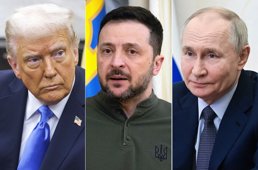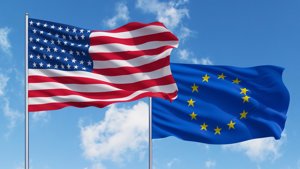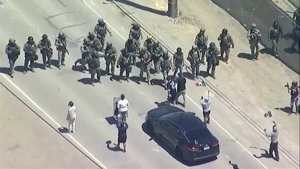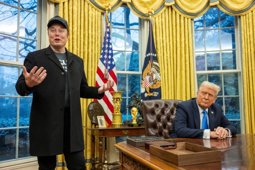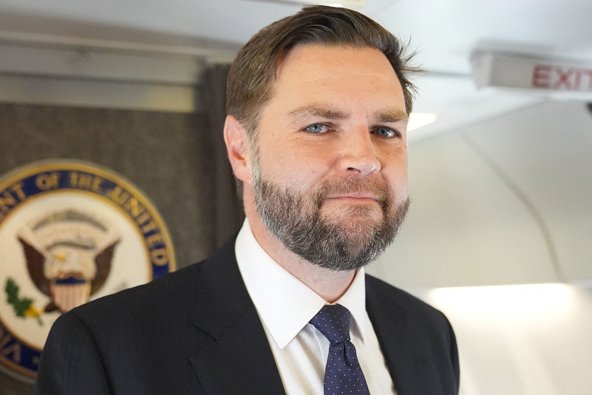
Vance: U.S. May Leave Ukraine Peace Talks
VP JD Vance says U.S. may walk away from Ukraine peace talks, prompting warnings it could embolden Putin.
U.S. Threatens to Withdraw from Talks as Tensions Rise
Vice President JD Vance warned Monday that the United States is “more than open to walking away” from ongoing peace negotiations between Ukraine and Russia if the talks yield no results. His remarks came just moments before President Donald Trump was scheduled to speak with Russian President Vladimir Putin, raising concerns among foreign policy analysts that the statement could undermine diplomatic progress.
“The United States is not going to spin its wheels here. We want to see outcomes,” Vance said aboard Air Force Two, emphasizing that continued U.S. engagement hinges on tangible results. His comments added to a growing chorus within the administration hinting at potential disengagement if Russia remains uncooperative.
Zelenskyy Pushes Back, Experts Warn of Kremlin Strategy
Ukrainian President Volodymyr Zelenskyy cautioned against U.S. withdrawal, warning on X that “the only one who benefits from that is Putin.” Analysts echoed his concern, suggesting Vance’s public openness to walking away may embolden the Kremlin to delay meaningful compromise in hopes of pressuring the U.S. to disengage.
John Hardie of the Foundation for Defense of Democracies noted that while Russia wants U.S. involvement to lift sanctions, “the United States washing its hands of the war would be the next best outcome” for Moscow. He urged a tougher stance, suggesting Washington increase military and economic pressure rather than entertain withdrawal.
Peter Rough of the Hudson Institute added that the U.S. dangling normalization of relations as an incentive remains critical. “If the U.S. walks away because Russia will not make peace, then that carrot disappears as well,” he warned.
Trump's Position and Internal Divisions
President Trump, after speaking with Putin, indicated that both nations would pursue a ceasefire and continue talks. However, he also suggested the U.S. might eventually take a backseat, calling the war a “European situation.” “It's not our people, it's not our soldiers … it's Ukraine and it's Russia,” Trump said, framing the conflict as one inherited from former President Joe Biden.
Trump has consistently hinted that U.S. involvement is conditional. In a May 8 interview, he stated, “There will be a time when I will say, ‘OK, keep going, keep being stupid.’” Trump emphasized that only Russia and Ukraine truly understand the terms of the conflict, underscoring his preference for direct negotiations between the two nations.
Vance's Growing Foreign Policy Role
Vance has increasingly asserted himself on international affairs. From sharp exchanges with Zelenskyy in February to remarks at the Munich Leaders Meeting on May 7, he has taken a bold and independent tone. In Rome this week, Vance and Secretary of State Marco Rubio held talks with European leaders and Vatican officials to explore paths to peace.
Despite differing from Trump at times, Vance continues to align with the broader administration message: the U.S. seeks peace but will not stay involved indefinitely. His comments, however, have drawn criticism for potentially undermining leverage in negotiations.
Meanwhile, Treasury Secretary Scott Bessent signaled that sanctions against Russia could intensify if Putin fails to negotiate in good faith. Vance also acknowledged that Russia’s demands—such as barring Ukraine from NATO—are overly rigid but believes compromise is possible.
“We want both the Russians and the Ukrainians to agree on basic guidelines for talking to one another,” Vance said. As talks proceed, the administration walks a fine line between pressure and withdrawal, aiming for resolution while managing global expectations.

